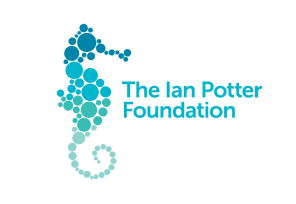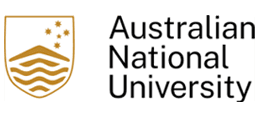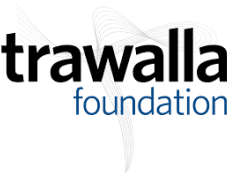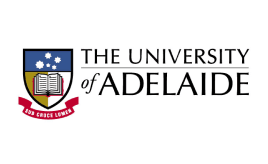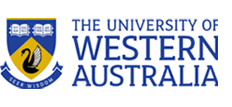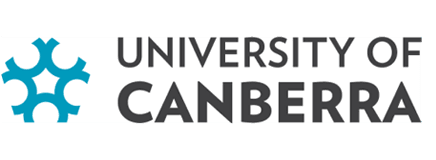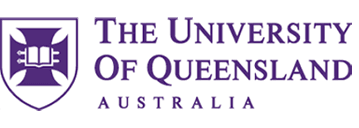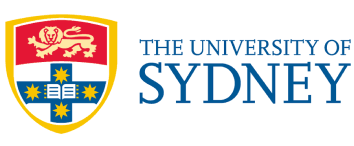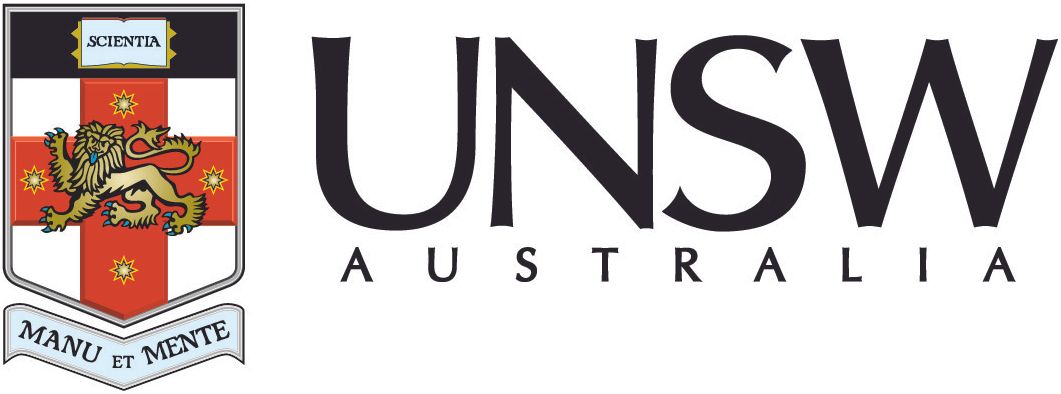Experts propose mapping green-light zones where renewables can be fast-tracked with least impacts on nature and agriculture
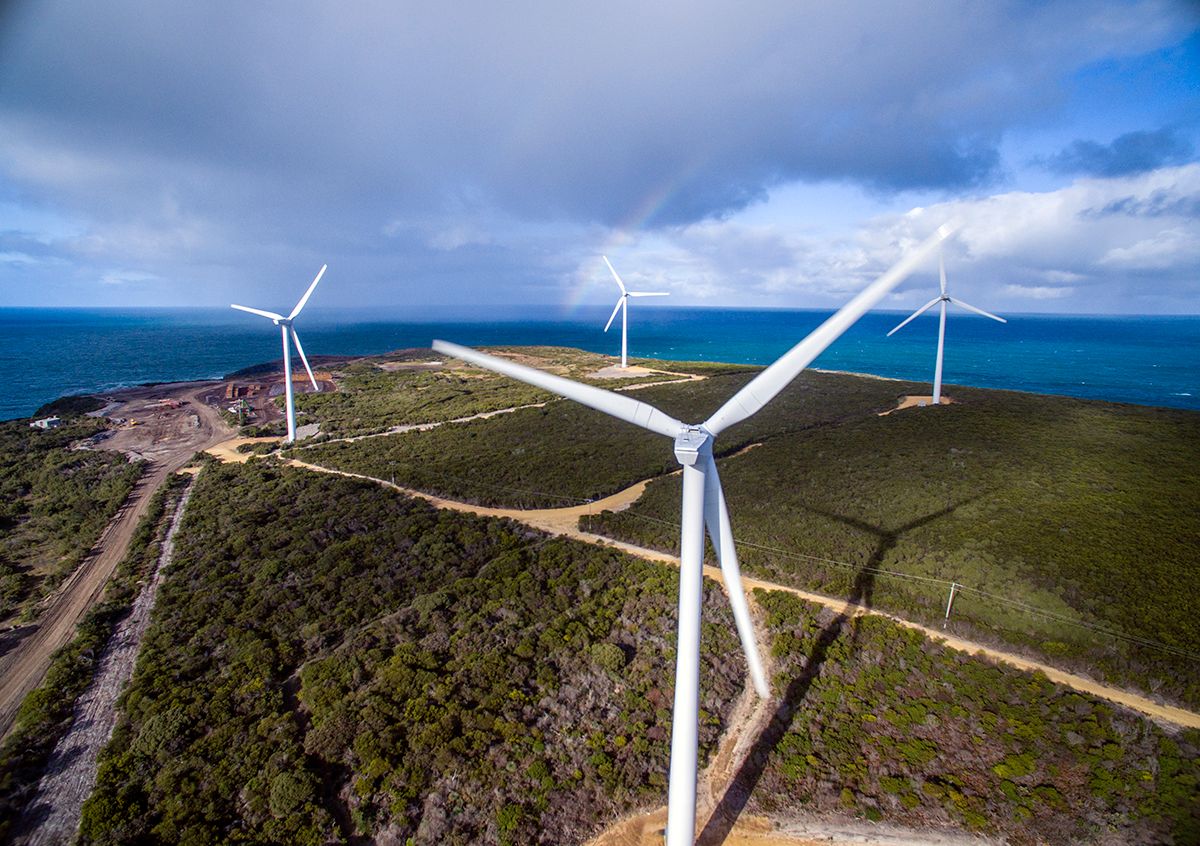
Part of a windfarm in Portland Victoria. Image: Jeremy Buckingham CC BY 2.0 DEED / Flickr
Media Release
20 March 2024
Renewable energy projects can harm the environment and heritage values, but their impacts can be reduced to acceptable levels through appropriate site selection and operation.
Australian governments have been exploring options to fast-track renewable energy projects as part of Australia's renewable energy roll out. For example, the Victorian Premier Jacinta Allan just announced that renewable energy projects will be eligible for an accelerated planning pathway in Victoria under the Development Facilitation Program (DFP).
The Biodiversity Council, an independent expert group formed by 11 universities, says that the rapid roll out of green energy projects must be carefully and strategically directed to avoid trashing important natural habitats, agricultural land and cultural values.
Currently, conflicts are arising between renewable energy project proposals and other stakeholders due to insufficient strategic planning and regulatory leadership from state, territory, and federal governments.
Strategic regional planning and new investment in transmission infrastructure into low-nature impact areas should be used to guide developers to locations that minimise unnecessary harm, such as already cleared or degraded land. Planning for transmission infrastructure and new renewable energy projects must consider natural, agricultural, cultural, and social values, and involve community consultation.
The University of Melbourne is mapping zones where renewable energy projects could be fast-tracked without major risk, and identifying areas that should be off-limits.
Professor Hugh Possingham spoke with ABC Radio Brisbane's Steve Austin about the rapid roll-out of green energy projects in Australia and how "smart planning" and consultation are needed to get win-win outcomes for industry and biodiversity.
Biodiversity Council member and Professor of Sustainability Sarah Bekessy from RMIT University:
“As well as a climate crisis, Australia is facing a nature loss crisis which will have widespread ramifications for our environment, farming, economy, culture and human health.
“We must roll out renewable energy quickly, but it makes a huge difference how and where we do that.
“Otherwise we will increase the amount of green energy but make other environmental or social problems much worse, creating a new and potentially more expensive set of problems.
“Priority should be given to projects that are truly nature-positive, and enhance on-site biodiversity values, rather than just destroy them. Including biodiversity in project designs can produce win-win outcomes.
“For example, growing native grasses under solar panels reduces dust which improves the efficiency of the solar panels and reduces maintenance. The grasses also create a haven for native insect pollinators which benefit surrounding vegetation including agriculture.”
Biodiversity Council member and Professor in Conservation Ecology Brendan Wintle from The University of Melbourne:
“Getting the planning right to support fast-tracking will save a lot of headaches and ensure we get green-energy without trashing our environmental life-support.
“The University of Melbourne is leading a rapid analysis to help identify ‘green-light’ zones where renewable energy projects could be rolled out with the lowest impacts on agriculture, nature and culturally important species and places.
“For example, ‘green-light’ zones are likely to include degraded cleared land that is no longer being used for agriculture and, in the case of wind farms, well away from the flight paths of vulnerable bird and bat species.
“97% of private land in Victoria is already cleared, so there are plenty of options here.
“We also need to quickly identify the areas that really need to be off limits to these types of developments so that we keep the things we value in Victoria for current and future generations, and avoid wasted time on projects that ultimately won't go ahead.
“For example, early analysis of nature data should have flagged the unsuitability of the Port of Hastings where a renewable energy terminal was blocked by the federal Environment Minister due to unacceptable impacts on the adjacent globally important wetland.
“This kind of regional ‘traffic light’ zoning could speed up the green-energy roll out and ensure it is done in a way that delivers the best outcomes for Victorians, nature, agriculture and cultural values.”
The Biodiversity Council brings together leading Australian experts including Indigenous Knowledge holders to promote evidence-based solutions to Australia’s biodiversity crisis.



